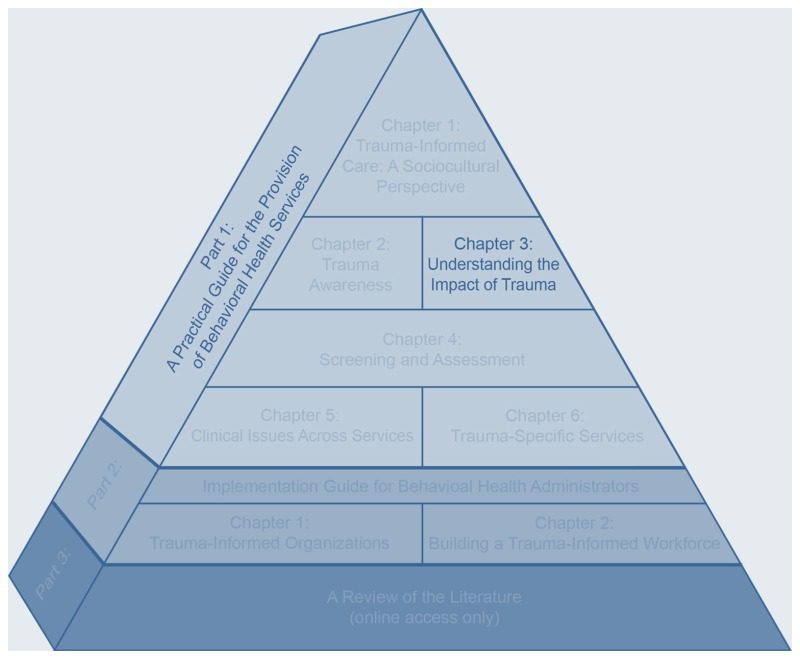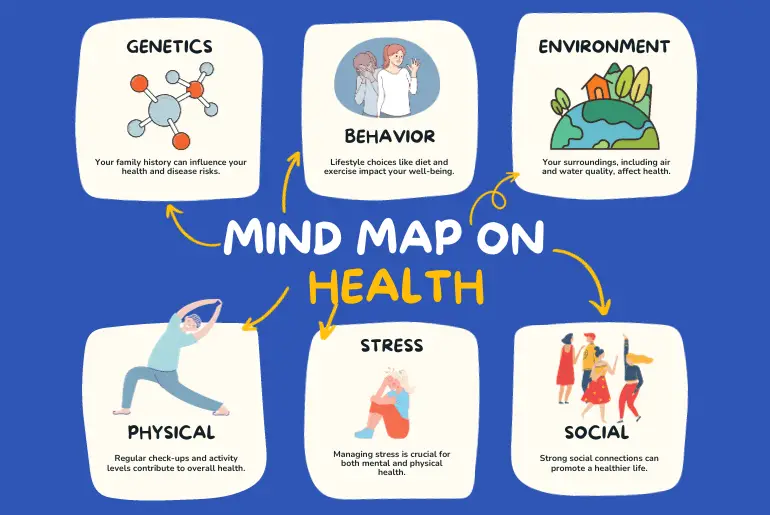Mental health is a crucial aspect that significantly Affects society on multiple levels. Let’s delve into how mental health influences relationships, daily activities, and societal well-being.
Impact on Relationships
Poor mental health affects relationships with children, spouses, relatives, friends, and co-workers. It can lead to social isolation, disrupting communication and interactions.

Credit: issuu.com
Public Health Significance
Mental health is vital for emotional, psychological, and social well-being. It shapes how individuals think, feel, act, handle stress, relate to others, and make choices.
Family Dynamics
Mental health conditions often have a ripple effect on families, causing tension, stress, and significant changes in lifestyle. Various family members may be impacted differently.
Activities of Daily Living
Individuals with mental health problems may lack motivation for daily activities, affecting their health and well-being. Problems with social interaction, sleep, diet, and lifestyle balance can arise.

Credit: twitter.com
Societal Costs
Untreated mental illness results in substantial social and economic costs impacting healthcare, business, education, law enforcement, criminal justice, emergency services, and social welfare programs.
Prevention and Intervention
Mental health conditions can lead to difficulties in relationships, affecting family, friends, and community interactions. Addressing mental health is crucial for overall societal well-being.
Sources:
Frequently Asked Questions For How Mental Health Affects Society: Understanding The Impact
How Does Mental Health Affect People In Society?
Poor mental health affects people’s relationships with their loved ones and colleagues, leading to social isolation and communication difficulties. It also impacts decision-making, stress management, and overall well-being. Mental health issues have far-reaching effects on families, society, and various sectors like healthcare, education, and the criminal justice system.
Untreated mental health conditions can result in disability, unemployment, substance abuse, homelessness, and even suicide. Prioritizing mental health is crucial for individuals and the community at large.
Why Is Mental Health Important To Society?
Mental health is crucial to society for emotional well-being, decision-making, stress management, and healthy relationships. It affects how individuals interact and make choices, impacting overall societal well-being.
What Impact Does Mental Health Have On Others?
Poor mental health impacts relationships with children, spouses, relatives, and coworkers, causing social isolation and communication disruptions.
How Can Mental Illness Impact On Activities Of Daily Living?
Mental illness can hinder daily activities, leading to poor health habits and social difficulties, affecting overall well-being.











